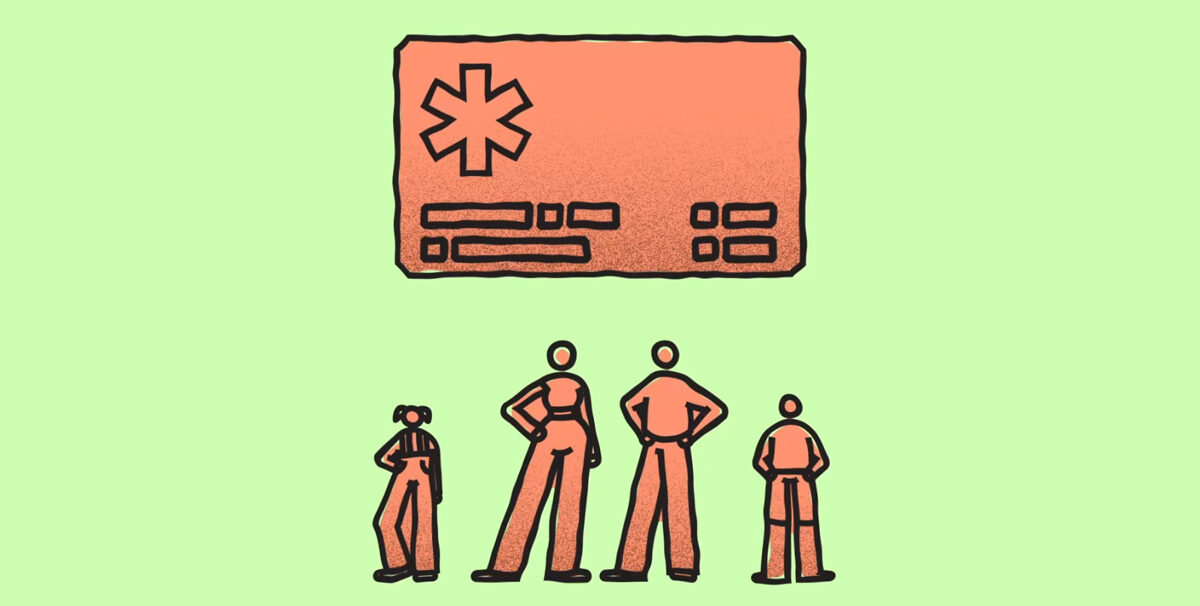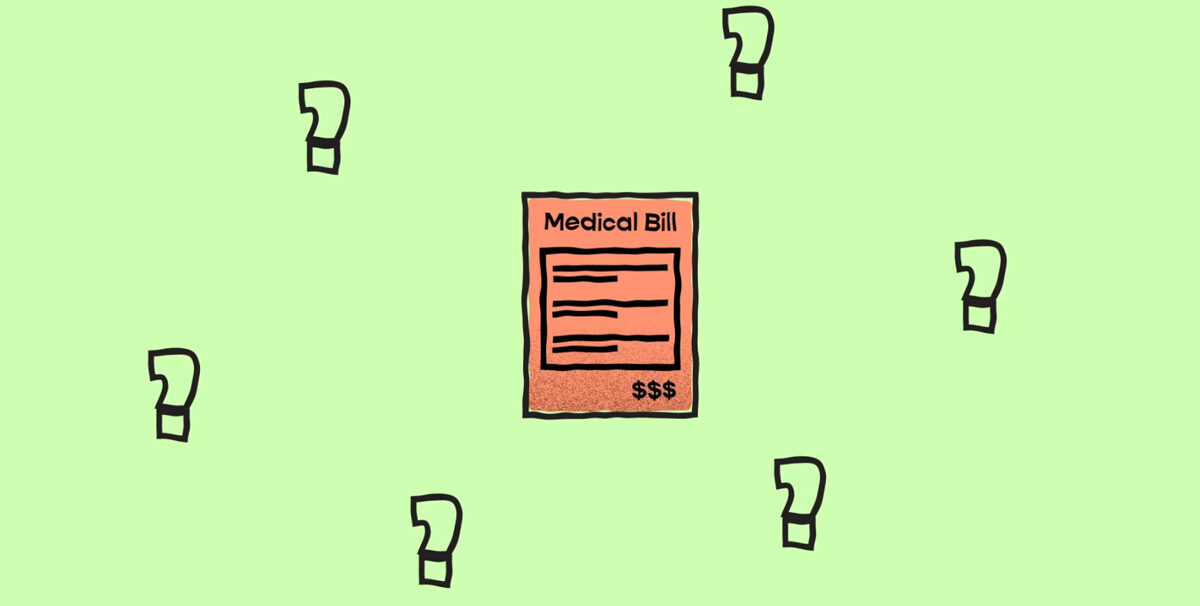Did you know that 1 in 3 American adults do not get the recommended seven to eight hours of sleep? While this might not seem problematic, consistently failing to get enough sleep can put you at risk of significant health problems. In fact, not getting enough sleep is linked to a variety of chronic conditions like Type 2 diabetes, heart disease, depression, and obesity. Moreover, failing to regularly get enough sleep can lead to food cravings and weight gain, moodiness, chronic fatigue, which can increase the risk of productivity issues at work and distracted driving crashes.
To determine your sleep quality, evaluate if you are waking up multiple times throughout the night, if you wake up feeling unrested (even if you slept for seven hours) or if you experience breathing problems while you are sleeping. While your sleep quality may be improved by implementing better sleep habits, symptoms of poor sleep quality may be attributed to a sleep disorder that you should see your doctor to discuss treatment options.
Benefits of getting enough sleep include increased productivity and work performance, decreased weight gain and improved mental health.
This month our Take Action Weeks include:
Sleep Well
- Week 1: Be active during the day to help reduce stress and sleep better.
- Add physical activity into your daily routine. Walking counts! It can relieve stress, boost brain function (including your memory and attention) and help you sleep better at night.
- Try mindfulness, meditation or deep breathing to manage stress.
- If exercising too close to bedtime keeps you awake, try working out earlier in the day and doing some relaxing yoga in the evening.
- Week 2: Establish a nighttime routine including a bedtime alarm.
- Go to bed and wake up at about the same time each day to sleep better.
- Set a daily bedtime alarm, counting backwards 7-10 hours (depending upon how much wind-down time you need) from your ideal waking time.
- Choose sleep over getting one more thing done. Good sleep can help you be more productive and accomplish more during the day.
- Week 3: Create a morning routine with a positive activity.
- Start your morning with a healthy activity like a walk around the block, meditation, gratitude journaling or yoga. Looking forward to a few moments of “me time” could make it easier to get up.
- Break the snooze button habit. Sleeping past your alarm can make you groggier in the morning.
- Try habit chaining. Connect the new habit to something you do automatically every morning. For example, do a few yoga moves right after you brush your teeth.
- Week 4: Wind down tech-free at bedtime.
- Charge your phone and other devices away from your bed.
- Try reading, listening to music or catching up on a podcast instead of scrolling and swiping into the night. The bright blue light could be sabotaging your sleep cycle.
- Go low-tech. Try an old-school alarm clock and stash a pen and notepad by your bed so you don’t reach for your phone when inspiration strikes.
The Importance of Sleep
Did you know that 1 in 3 American adults don’t get the recommended seven hours of sleep? While this might not seem problematic, consistently failing to get enough sleep can put you at risk of significant health problems. In fact, not getting enough sleep is linked to a variety of chronic conditions like Type 2 diabetes, heart disease, depression and obesity. Moreover, failing to regularly get enough sleep can lead to chronic fatigue, which can increase the risk of productivity issues at work and distracted driving crashes.
How Much Sleep Is Enough?
According to the Centers for Disease Control and Prevention (CDC), adults ages 18 and older should get seven hours or more of sleep per night. The CDC also stresses that all sleep isn’t created equal, and that good sleep quality is essential to your health and well-being.
To determine your sleep quality, evaluate if you’re waking up multiple times throughout the night, if you wake up feeling unrested (even if you slept for seven hours) or if you experience breathing problems while you’re sleeping. While your sleep quality may be improved by implementing better sleep habits, symptoms of poor sleep quality may be attributed to a sleep disorder that you should see your doctor to discuss treatment options.
Benefits of Getting Enough Sleep
Sleep is essential for maintaining a healthy, productive and low-stress lifestyle. Here are just a few benefits of getting a good night’s sleep:
- Increased productivity and work performance—Giving your body enough time to go through all the sleep stages is necessary for energy, muscle repair, improved memory, and the release or regulation of important hormones that are essential for everyday functions within the body.
- Decreased weight gain—According to the National Sleep Foundation, not allowing your body enough time for rest and regulation can lead to an increased appetite. The particular hormones that give you the feeling of being full or hungry can become irregular, which may cause increased feelings of hunger that lead to weight gain.
- Improved mental health—Getting enough sleep can help alleviate feelings of fatigue that may contribute to stress, depression and anxiety. Symptoms of fatigue can be drowsiness, loss of energy and even mood swings.
Tips for Improving Your Sleep Habits
If you’re experiencing trouble getting enough sleep every night, the following five tips may help you get a better night’s sleep:
- Eat nutritiously. Good eating habits can help you sleep better and feel energized all day. Also, avoid big meals right before going to bed.
- Exercise regularly. This also helps your sleep quality and daytime energy level. Just be sure to avoid vigorous exercise close to bedtime.
- Avoid stimulants like caffeine before bed. Stimulants like caffeine and nicotine promote alertness, which can make it difficult for you to fall and stay asleep, so it’s important to avoid them for three to four hours before bed.
- Stick to a schedule, even on the weekends. Try to go to bed and wake up at the same time each day to keep your body on a consistent schedule.
- Put the electronics away. Blue-light emitting electronic devices can prohibit you from getting a good night’s sleep. To reduce the effects of these sleep-stealing devices, refrain from using them for at least an hour before bed.
For More Information
Getting at least seven hours of sleep every night will help keep costly chronic conditions at bay and combat fatigue. For more information on how to improve your sleep habits or to address sleep issues, contact your doctor today.
Correlation of Sleep & Food
If you’re like many, you have a difficult time getting the seven or eight hours of sleep that you need to be functional throughout the day. Yet, some of your favorites in the kitchen may be just the ticket to send you snoozing.
Approximately 90 minutes before you want to fall asleep, make yourself a snack of roughly 200 calories from the items listed below. These sleep-inducing foods will help your muscles relax, quiet your mind and produce sleep-inducing hormones (serotonin and melatonin) to get you right off to bed.
- Bananas. These power fruits contain serotonin and melatonin, and the muscle relaxant magnesium.
- Chamomile tea. This beverage has a mild sedating effect, which will calm your mind and body.
- Warm milk. This beverage contains tryptophan, which is sedating and calcium to help your brain use the tryptophan. Warm milk also has a calming effect and is comforting to drink.
- Honey. The small amount of glucose in honey communicates with your brain to turn off orexin, a neurotransmitter that contributes to alertness. Place a spoonful in a bowl of oatmeal to head off to bed quickly.
- Oatmeal. Oats contain melatonin, which is great for inducing sleep.
- Almonds. These nuts contain a healthy dose of tryptophan and magnesium.
- Flaxseeds. These seeds are rich in omega-3 fatty acids, which will brighten your mood if sadness or anxiety is keeping you from getting to sleep.
- Whole-wheat bread. Whole-wheat contains insulin, which assists tryptophan in making its way to your brain. Once there, it is converted to serotonin to send you to sleep in no time.
- Turkey. This meat is the best-known food source of tryptophan. If you eat a slice of turkey on whole-wheat bread, you will be off to sleep because tryptophan works best on a fairly empty stomach with a small amount of carbohydrates.
Sleep & Electronic Devices
The personal electronic devices that help make your daily life easier may be doing the opposite in regard to your nightly sleep habits. If you’re having a hard time falling and staying asleep, devices like your cellphone, TV and tablet may be to blame.
The Negative Effects
Researchers at Harvard identified three main ways that using your phone, or any electronic device, before going to bed can derail your sleep schedule:
- Melatonin suppression—The Harvard study revealed that those who used electronic devices before going to sleep had lower levels of the sleep-regulating hormone, melatonin. That’s because the blue light emitted by electronic devices suppresses the production of melatonin, which controls your circadian rhythm—your body’s natural sleep and wake clock.
- Later sleep onset— The study also found that the amount of time it took to fall asleep was longer for those who used electronic devices than for those who didn’t. If you’re mindlessly scrolling through social media sites instead of reading a book or meditating, it’s more likely that you’ll have a harder time falling asleep.
- Reduced REM sleep—Research shows that electronic device usage before bed results in a reduced amount of rapid eye movement (REM) sleep cycles. REM sleep is a vital component of our sleep patterns.
What Can You Do?
To prevent the harmful effects of electronic devices, there are a few steps that you can take, including:
- Check your device’s settings for a “nighttime” mode, which adjusts the screen lighting to promote sleep.
- Refrain from using your phone for at least an hour before bed.
- Set your device’s sound settings to “silent” so you won’t be woken by texts or emails while you’re trying to sleep.
- Try reading a book or meditating to relax before bed instead of using your phone or watching TV.
For more information on sleep-promoting activities, contact your doctor today.





